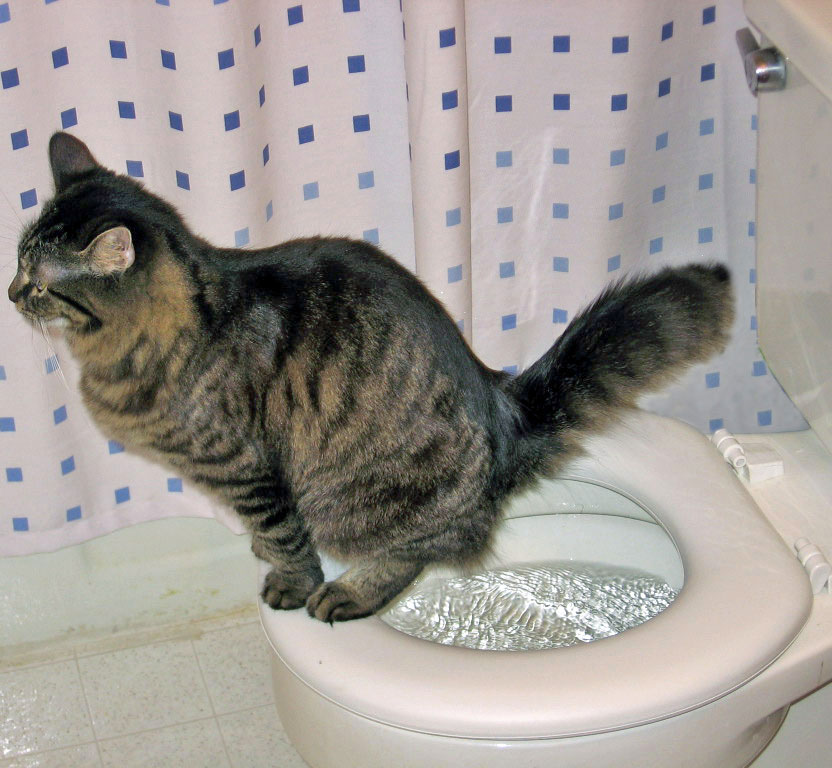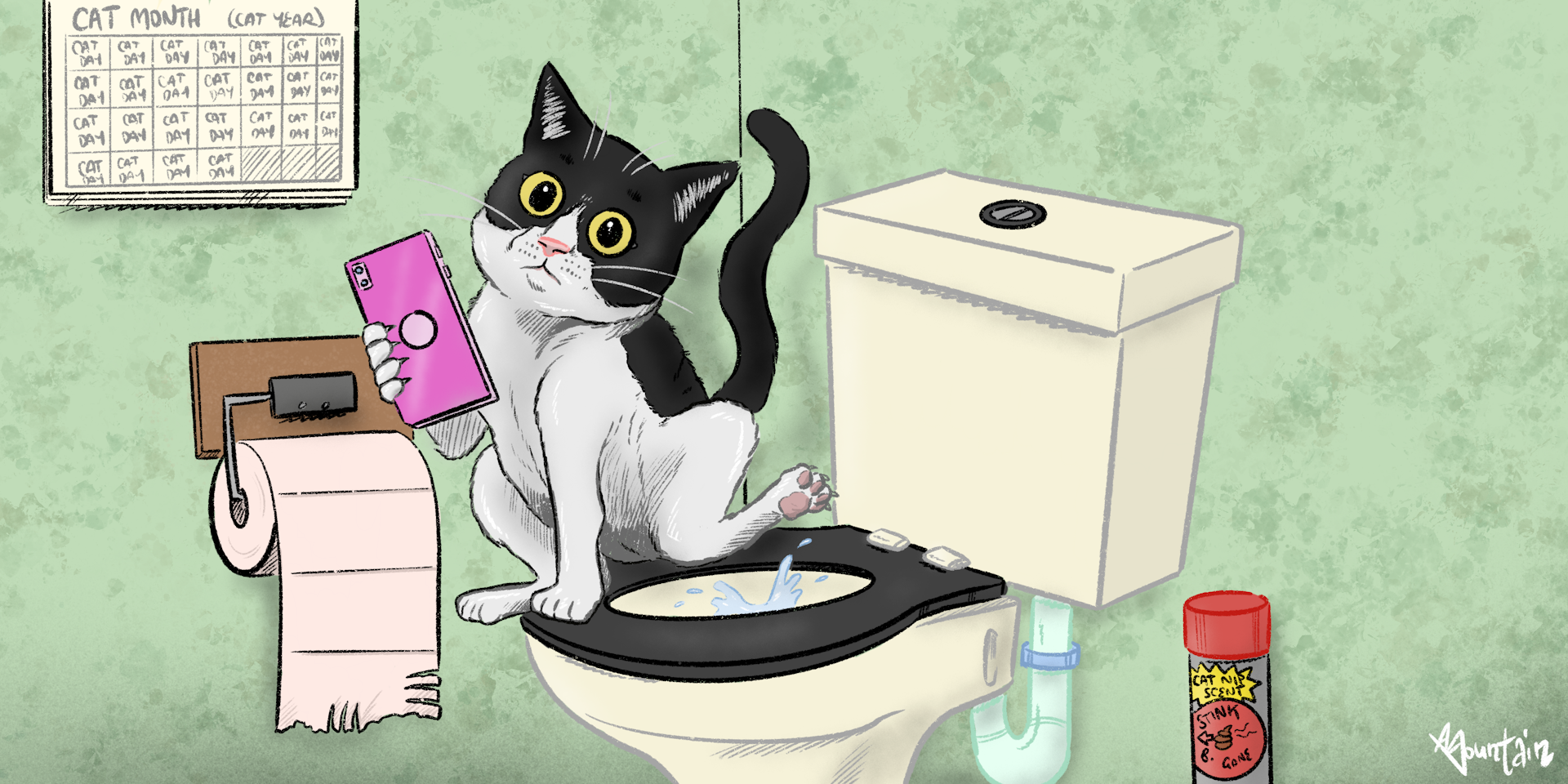Dangers of Flushing Cat Poop Down Your Toilet - Avoid Possible Issues
Dangers of Flushing Cat Poop Down Your Toilet - Avoid Possible Issues
Blog Article
This post following next relating to Can You Flush Cat Poop Down The Toilet? is amazingly insightful. You should check it out.

Introduction
As feline owners, it's important to bear in mind how we deal with our feline close friends' waste. While it may seem practical to purge cat poop down the commode, this practice can have detrimental repercussions for both the setting and human health and wellness.
Alternatives to Flushing
Luckily, there are safer and much more liable ways to take care of feline poop. Take into consideration the adhering to alternatives:
1. Scoop and Dispose in Trash
The most typical technique of taking care of pet cat poop is to scoop it into a naturally degradable bag and throw it in the garbage. Be sure to make use of a devoted trash inside story and dispose of the waste quickly.
2. Usage Biodegradable Litter
Go with biodegradable cat litter made from materials such as corn or wheat. These trashes are environmentally friendly and can be safely taken care of in the garbage.
3. Hide in the Yard
If you have a backyard, take into consideration hiding feline waste in an assigned area away from vegetable gardens and water resources. Be sure to dig deep enough to prevent contamination of groundwater.
4. Install a Pet Waste Disposal System
Buy a pet dog garbage disposal system particularly designed for pet cat waste. These systems utilize enzymes to break down the waste, decreasing smell and environmental effect.
Health and wellness Risks
In addition to environmental concerns, purging feline waste can additionally posture health threats to humans. Pet cat feces may consist of Toxoplasma gondii, a parasite that can cause toxoplasmosis-- a possibly serious health problem, particularly for pregnant females and people with weakened body immune systems.
Environmental Impact
Purging feline poop introduces harmful microorganisms and parasites right into the supply of water, presenting a considerable threat to marine ecosystems. These impurities can adversely influence aquatic life and concession water quality.
Verdict
Responsible animal ownership prolongs past giving food and shelter-- it also involves correct waste administration. By refraining from purging pet cat poop down the bathroom and going with alternative disposal methods, we can minimize our ecological impact and secure human health.
Why You Should Never Flush Cat Poop Down the Toilet
A rose by any other name might smell as sweet, but not all poop is created equal. Toilets, and our sewage systems, are designed for human excrement, not animal waste. It might seem like it couldn’t hurt to toss cat feces into the loo, but it’s not a good idea to flush cat poop in the toilet.
First and foremost, assuming your cat uses a litter box, any waste is going to have litter on it. And even the smallest amount of litter can wreak havoc on plumbing.
Over time, small amounts build up, filling up your septic system. Most litter sold today is clumping; it is made from a type of clay that hardens when it gets wet. Ever tried to scrape old clumps from the bottom of a litter box? You know just how cement-hard it can get!
Now imagine just a small clump of that stuck in your pipes. A simple de-clogger like Drano isn’t going to cut it. And that means it’s going to cost you big time to fix it.
Parasitic Contamination
Believe it or not, your healthy kitty may be harboring a nasty parasite. Only cats excrete Toxoplasma in their feces. Yet it rarely causes serious health issues in the cats that are infected. Most people will be fine too if infected. Only pregnant women and people with compromised immune systems are at risk. (If you’ve ever heard how women who are expecting are excused from litter cleaning duty, Toxoplasma is why.)
But other animals may have a problem if infected with the parasite. And human water treatment systems aren’t designed to handle it. As a result, the systems don’t remove the parasite before discharging wastewater into local waterways. Fish, shellfish, and other marine life — otters in particular — are susceptible to toxoplasma. If exposed, most will end up with brain damage and many will die.
Depending on the species of fish, they may end up on someone’s fish hook and, ultimately on someone’s dinner plate. If that someone has a chronic illness, they’re at risk.
Skip the Toilet Training
We know there are folks out there who like to toilet train their cats. And we give them props, it takes a lot of work. But thanks to the toxoplasma, it’s not a good idea.

Hopefully you enjoyed reading our topic about How to Dispose of Cat Poop and Litter Without Plastic Bags. Thanks for taking time to read our blog. Those who enjoyed our post please remember to share it. Thanks so much for taking the time to read it.
Customer Reviews Report this page